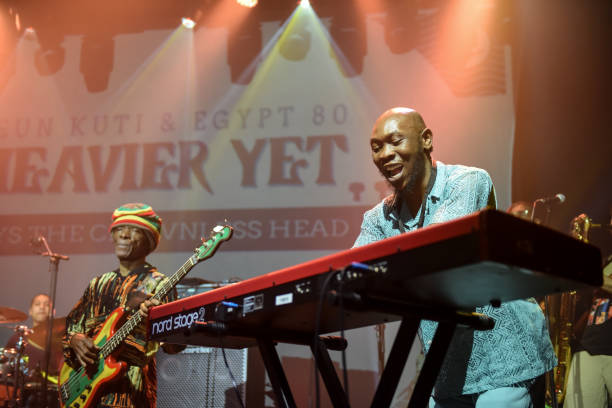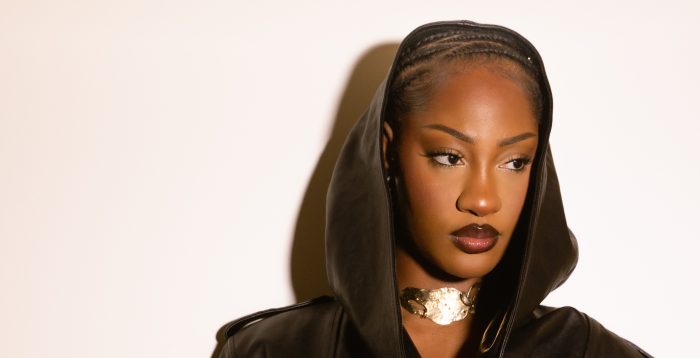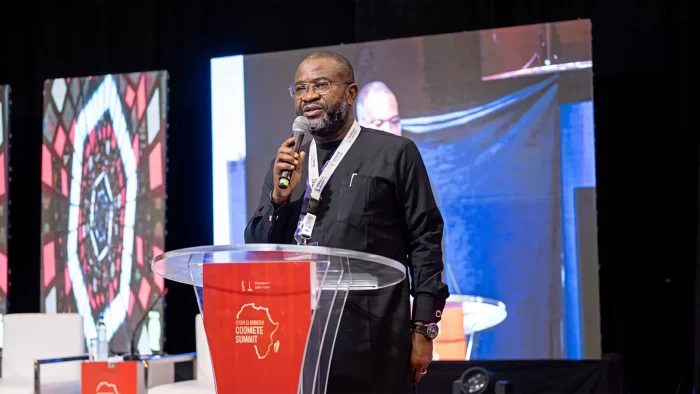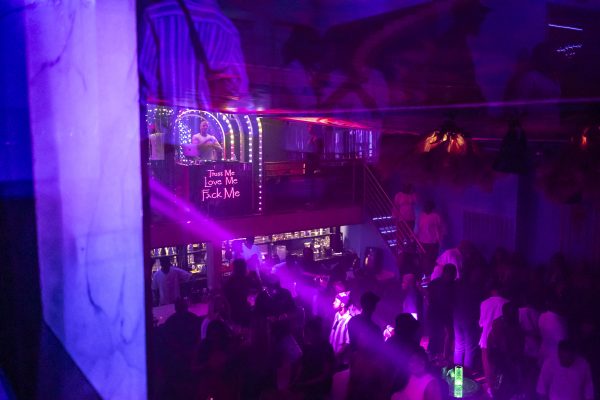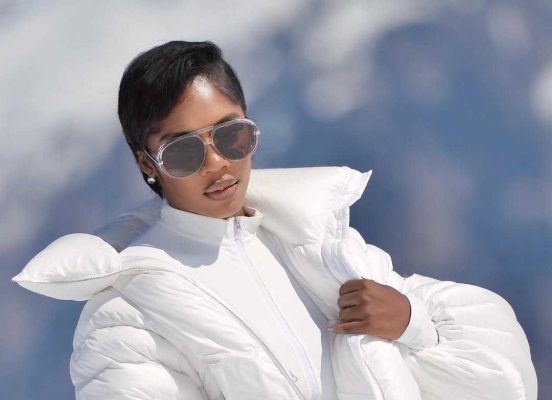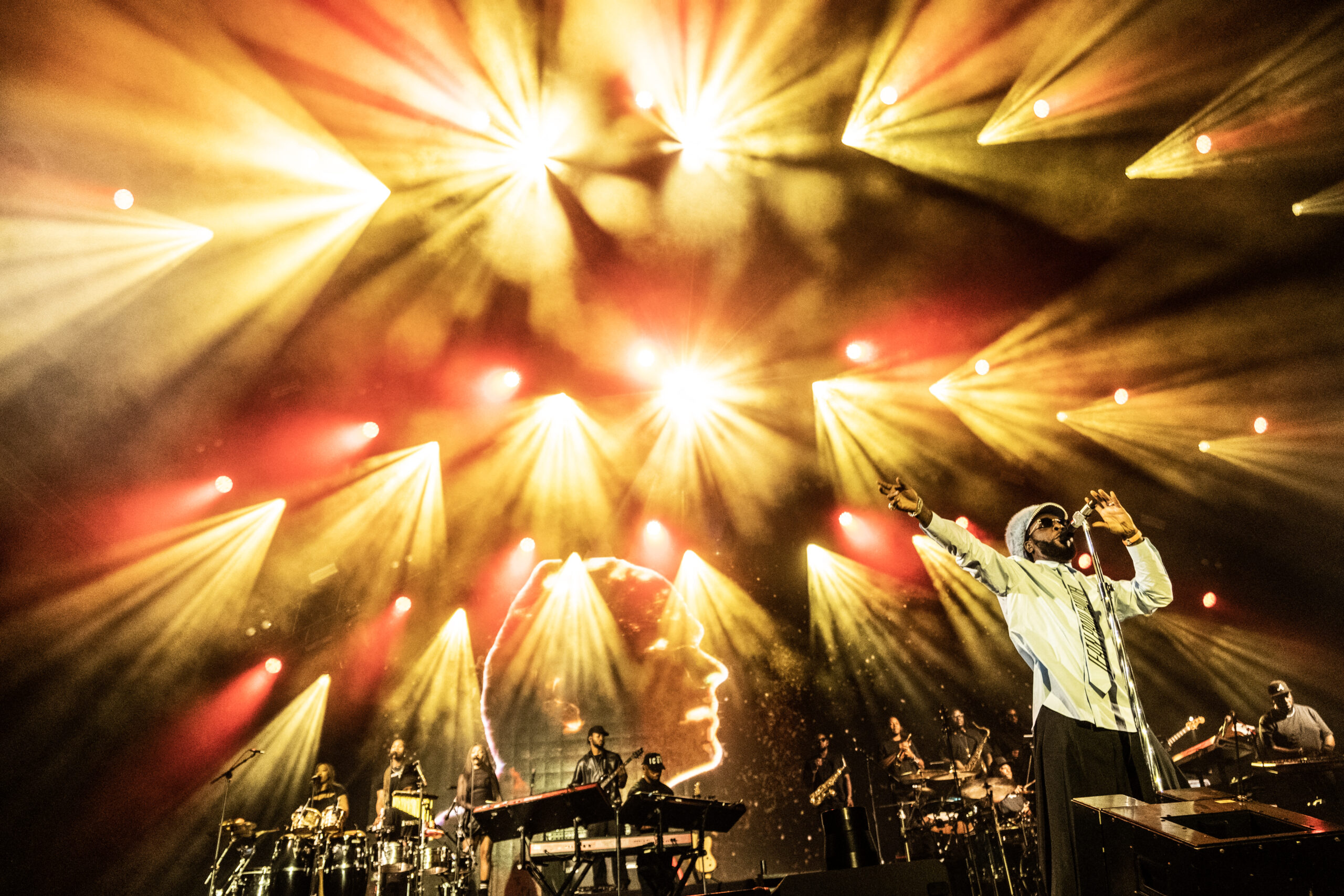
In 2024, Afrobeats witnessed dazzling achievements, from global festival bills and chart-topping hits to niche booms in disc jockeying and hype culture. Yet, looming gaps—from limited talent pipelines to poor touring infrastructure—remind us that the road to world dominance requires both innovation and investment.
The year 2024 ushered promising strides for Afrobeats—spiking global exposure, foreign direct investments, and a noticeable rise in niche scenes like disc jockeying and hype. However, these bright spots also cast light on the Nigerian music industry’s chronic challenges. For much of the year, we did not see many major breakout artists, highlighting the need for robust talent development pipelines. Local touring also remains stifled by a lack of suitable venues, mounting security concerns, and scarcity of award institutions to help nurture homegrown talents.
Global show appearances
Benin-born Rema had an outstanding year, taking over global stages and enthralling audiences at top-rated festivals worldwide. From his energetic showing at the UK Wireless Festival in London to performing at sold-out gigs in Kuala Lumpur, North Carolina, and gearing up for Coachella 2025, Rema’s global streaks signal his surging popularity, which also extends to Asia, following his 2023 Indian tour.
The ‘Big 3’ also had their fair share of global performances. Davido sold out London’s O2 Arena during his Timeless tour. Wizkid delivered quieter yet notable performances at the Royal Albert Hall for The Business of Fashion, popped up at Asake’s Lungu Boy Tour at the O2, and joined Tems at Coachella for their Essence remix performance, alongside Justin Bieber. Burna Boy also made history, hosting the highest-grossing US Arena concert by an African artiste at Washington’s Capital One Arena. He also broke the same record in Canada, in 2024, with his I Told Them tour.
Ayra Starr also stormed the United States, joining Chris Brown on stage on his eight-city 11:11 tour and debuting at Glastonbury, Somerset, UK. Meanwhile, Wizard Chan, Joeboy, and Kold AF also earned praise during their debuts in Saudi Arabia at the XP Music Futures festival in Riyadh.
READ ALSO: Nigerian afrobeats stars sure of 2025 Grammy revenge
Year of the Disc Jockeys
As booking Afrobeats’ top stars for local shows became pricier, DJs stepped up to fill the vacuum by powering lively day-and-night party circuits in Nigeria, particularly in Lagos. Amapiano-loving communities spurred events like Even In The Day, Amapiano Left and Right, Amapiano District, and many other less genre-specific experiences like Zero Gravity, Insert Nights, Palmwine and Friends, and Vogue Boys.
Electronic raves also became more prominent, especially in Lagos, Ibadan, and Abuja, with Electronic Dance Music (EDM) genres like Deep House, Tribal Techno, 3-Step, powering weekly rave experiences like Element House, Raveolution, Mainland House, Sweat It Out, and Engine Room Lagos. DJs like Dope Caeser, Tobi Peter, Axara, Sounds of Ace, Codename:KND, and Kevin Lndn shone brightly, consistently booking shows with brilliant mixes.
The crux of rivalry
Afrobeats fan culture can be intense, with fierce debates on social media fuelling everyday drama as thousands constantly bicker over the lifestyles and music of their favourite Afrobeats stars. The most notable rivalry, which often directly involved the artists’ banter themselves, remains the Davido vs Wizkid and Burna Boy triple slam. The “beef”—which has never been concisely unpacked by the musicians before—has lingered for nearly a decade.
From as simple as a music release, to as much as a global festival appearance or award nomination, their fans, especially the fanatics in their fray, seize every moment to troll both the musicians and their fan bases. For instance, Wizkid’s sixth studio album release, Morayo, became fuel for a duel among all the fan bases, especially between Wizkid FC and Davido’s 30BG. It’s been a litany of comparisons often characterised by vile, insensitive, and defamatory comments.
Other musicians apart from ‘The Big 3’ have also suffered the harsh heat of the hate wave that’s being unleashed by trolls. Tiwa Savage had to remind people that she’s still as sonorous as ever after her Water and Garri tour sparked bizarre critiques of her vocal abilities on social media. Ayra Starr and Bloody Civilian were common names on the lips of trolls, who always sought opportunities to condemn their fashion choices and vocal abilities.
READ ALSO: Fido’s Joy Is Coming Debuts at No. 4 on Billboard U.S. Afrobeats Chart
While the rivalries could probably be a marketing strategy or a reflection of poorly managed fanaticism, they are definitely a cultural phenomenon that continues to shape Afrobeats and its growth, helping the scene to figure out whether deep-seated rivalries or active collaboration is the final step towards Afrobeats’ global dominance.
Seyi Vibez, oblee, and the saving grace of street pop
Chances are that you or someone else you know “Oblee-ed” (pronounced Oh-blay-ed) during the festive season of 2024, as the song Oblee remix by DJ YK Mule featuring Slimcase, Kashcoming, and Qdot, became the official Detty December anthem. The song’s mesmerising Cruise Beat production was heralded by the catchy ‘Oblee’ phrase, a street lingo that loosely refers to hedonism. The phrase first appeared in June 2023 on Seyi Vibez’s song Flakky, off his Thy Kingdom Come album.
Street-pop has consistently shaped Afrobeats culture with dance styles, or catchphrases, whenever it produces a major hit. For instance, Zlatan’s Zanku introduced the feet-centric dance style to popular culture in 2019. Other examples include Shallipopi’s Ex Convict which introduced the phrase ‘Oscroh’ aka commercial sex workers into the Nigerian pop culture lexicon; Mohbad’s KPK (Kor Por Ke) introduced the ‘O Por’, aka ‘It’s Plenty’ as in salutation, to the same lexicon as well; Naira Marley’s Japa had a similar effect popularising the Yoruba slang for migration.
For what usually is a difficult terrain, especially with less major direct investment, street-pop has proven itself to be the cornerstone of the industry, diligently shaping Afrobeats’ culture almost every year.
2025…Grammys, global hits and lessons for Africa
Barring any postponement, the 67th Annual Grammys Award ceremony is set to hold on February 2, 2025, at the Crypto arena, in Los Angeles, California, and six Afrobeats stars are in contention for major awards. Burna Boy, Asake, Ayra Starr, Tems, Rema, and Yemi Alade, have all been nominated, with industry players and fans optimistic about the Afrobeats artists having a great outing on the night.
While this global recognition reflects the growth of the music industry in Africa, music critics and journalists warn that African nations should draw inspiration from the awards to revive their own award ceremonies back home and not abandon the task to foreign award systems.
“If Nigerian music continues its global ascension, more Nigerians will make an impact with the Grammys. Artists with strong positioning will also break out of the global categories as we have seen with Burna Boy and Tems. However, the focus should be on building Nigerian awards to reputable global standards. It’s Nigerian awards that can better celebrate our music, document our strides, and provide the structure to sustain the current growth,” music critic and Editor at Pulse Nigeria, Adeayo Adebiyi noted.
Without scoring a major global hit like Essence, Peru, or Love Nwantiti in 2024, a lot more is expected from Afrobeats artists in 2025. Observers are keen to see the right producers connect with the right musicians to produce more global hits as the benefits of those at this point of Afrobeats’ evolution can’t be overstated.
Marketing Manager, Sony Music West Africa, Omolola Ige, emphasises that it is important for Afrobeats to maintain its streak of global hits to “lessen the risk of getting overshadowed” while we “tell our own stories, on our own terms, and push back against the single-story narrative that Africa has faced for so long.”
She also opined that global hits are crucial to keep attracting the investment opportunities that come with the attention, “which would help to build a sustainable music industry in Africa” and help to create “more room for new voices tomorrow.”
As the industry walks into what is hoped to be a bountiful year, it has shown glaring gaps in terms of a slow talent-to-stardom pipeline and the lack of adequate venues for world-class shows and festivals. The work doesn’t just rest on the shoulders of industry stakeholders like Music Business Academy, or other functional artist development institutions. It’s time for the government and other capable stakeholders to invest in the industry directly by providing good venues, creating, and sponsoring more talent competitions, and investing in music business education.
While social media has democratised the gunpowder of fame, it’s important to still create more offline institutions that can help launch more emerging artists into the spotlight. It remains necessary to promote a culture that consistently churns out stars, to help breed innovation and increase our chances at global hits yearly.


